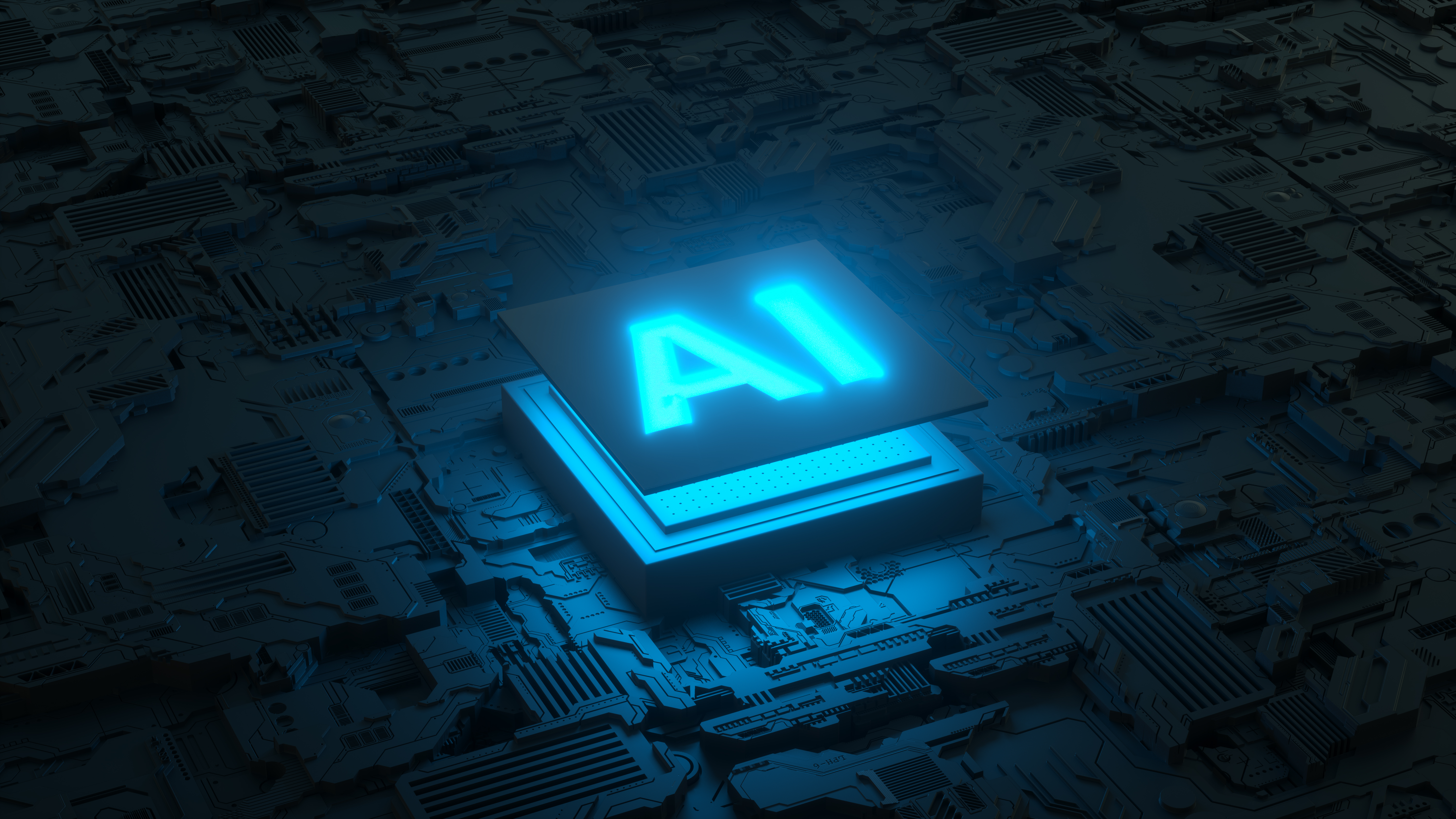From Science Fiction to Reality: How AI Is Shaping Our Future
Alexander Andersen / October 26, 2023

The concept of artificial intelligence (AI) has long been a staple of science fiction literature and films, often portrayed as both a source of wonder and concern. While the idea of machines that can think, learn, and interact with humans once seemed like pure imagination, AI has evolved from a futuristic dream to a tangible reality. In this article, we'll explore how AI has transitioned from science fiction to reality and is actively shaping our future.
- **1. AI: A Journey from Imagination to Reality:The notion of intelligent machines dates back to ancient myths and early science fiction. However, it wasn't until the mid-20th century that AI emerged as a formal field of study. Pioneers like Alan Turing laid the groundwork for what would become a transformative technology.
- **2. The Emergence of Machine Learning:Machine learning, a subset of AI, has played a significant role in AI's transition from concept to reality. This approach allows machines to learn from data and improve their performance without being explicitly programmed. It has powered many of the AI applications we see today, from recommendation systems to image recognition.
- **3. AI in Everyday Life:AI is no longer confined to labs and research facilities. It is an integral part of our daily lives. Virtual assistants like Siri and Alexa use natural language processing to understand and respond to human speech. AI algorithms power the content recommendations we see on platforms like Netflix and YouTube.
- **4. AI in Healthcare:AI is making substantial contributions to the field of healthcare. Machine learning models can analyze medical images, aiding in the early detection of diseases. AI-driven chatbots are providing patients with information and support, and drug discovery is becoming more efficient with AI assistance.
- **5. AI in Business and Industry:The business world has embraced AI for its potential to enhance efficiency and decision-making. AI-driven analytics tools help organizations make data-driven decisions, while automation streamlines routine tasks. In manufacturing, AI-enabled robots and systems are increasing productivity.
- **6. Challenges and Ethical Considerations:As AI becomes a part of our reality, it raises various challenges and ethical considerations. Concerns about bias in AI algorithms, data privacy, and job displacement are being addressed as society grapples with the implications of AI's widespread adoption.
- **7. AI in the Future:AI's journey is far from over. The future promises even more advanced applications of AI. We can expect developments in autonomous vehicles, advanced healthcare diagnostics, and improved natural language understanding. AI will continue to reshape the way we work, live, and connect with the world.
- **8. Conclusion:The transition of AI from science fiction to reality is a testament to human innovation and curiosity. As AI technologies continue to evolve and permeate various aspects of our lives, it is essential to consider their potential impact and ensure that the benefits are harnessed while addressing the challenges. The future is one where AI and human intelligence can work in harmony to shape a brighter, more efficient, and connected world.
In conclusion, AI has made a remarkable journey from science fiction to reality, and its impact on our future is profound. It has transitioned from a distant dream to an integral part of our daily lives, with applications in healthcare, business, and various other domains. While challenges and ethical considerations persist, the future promises even greater advancements in AI technology and its continued role in shaping our world.